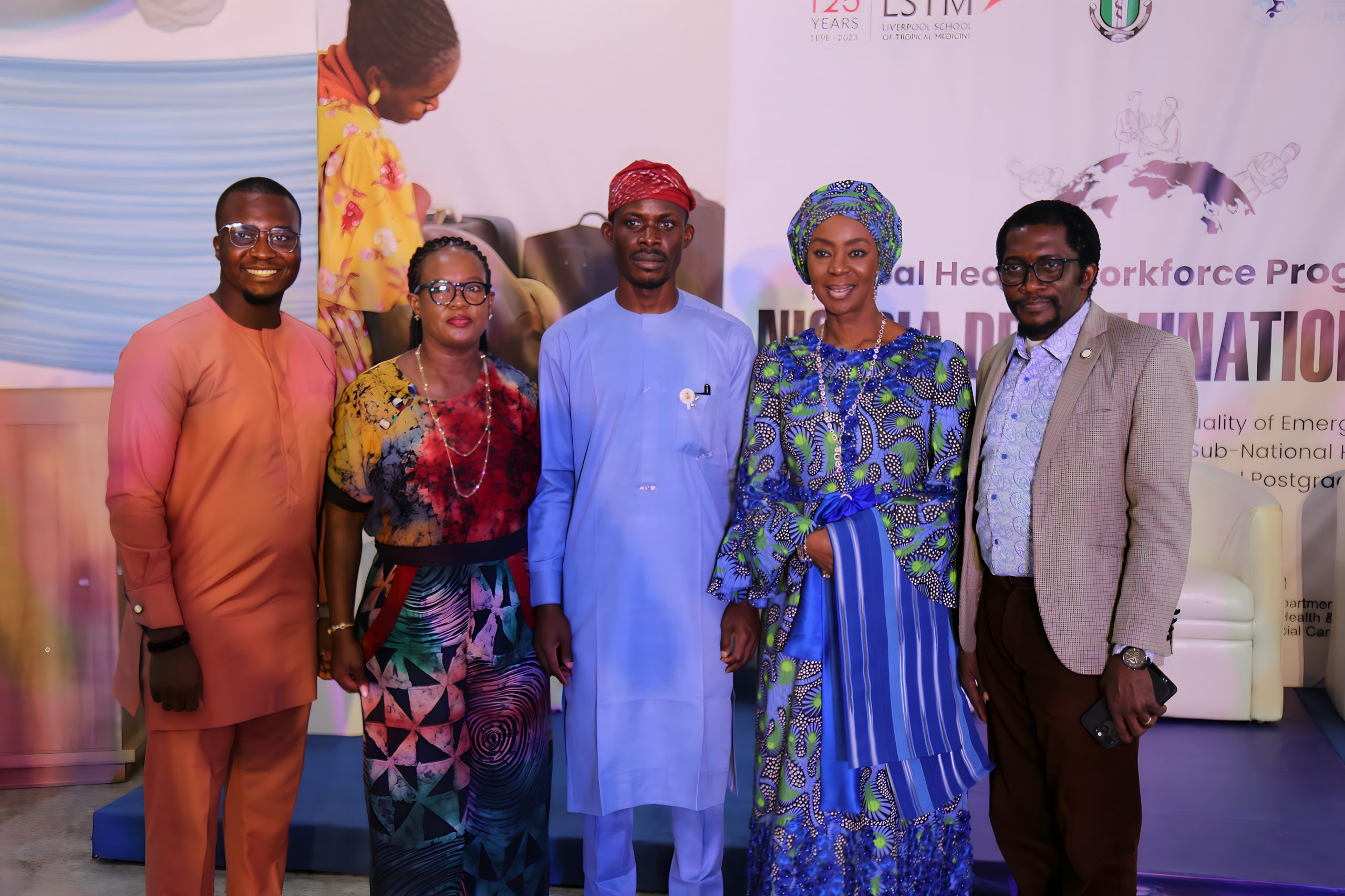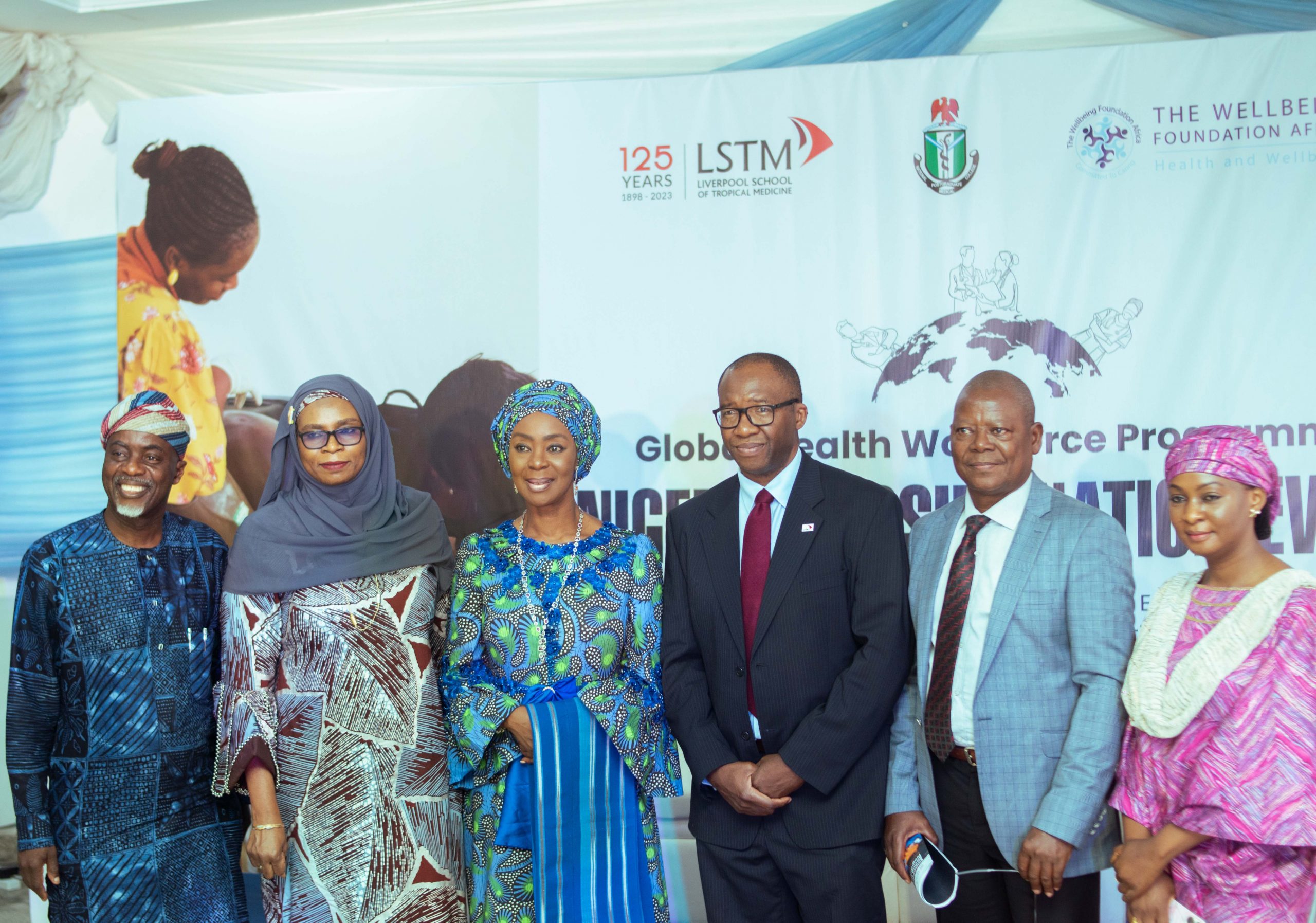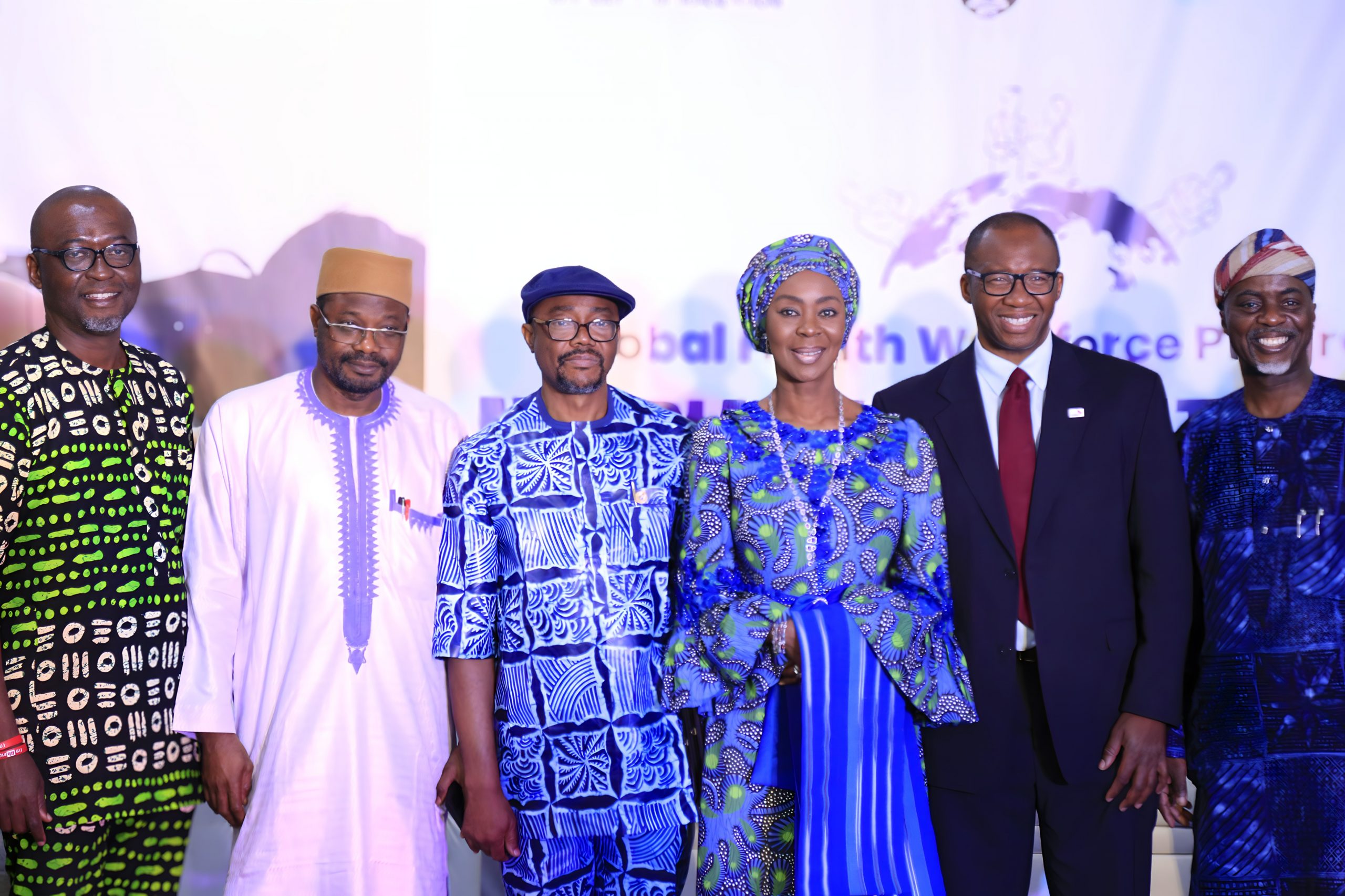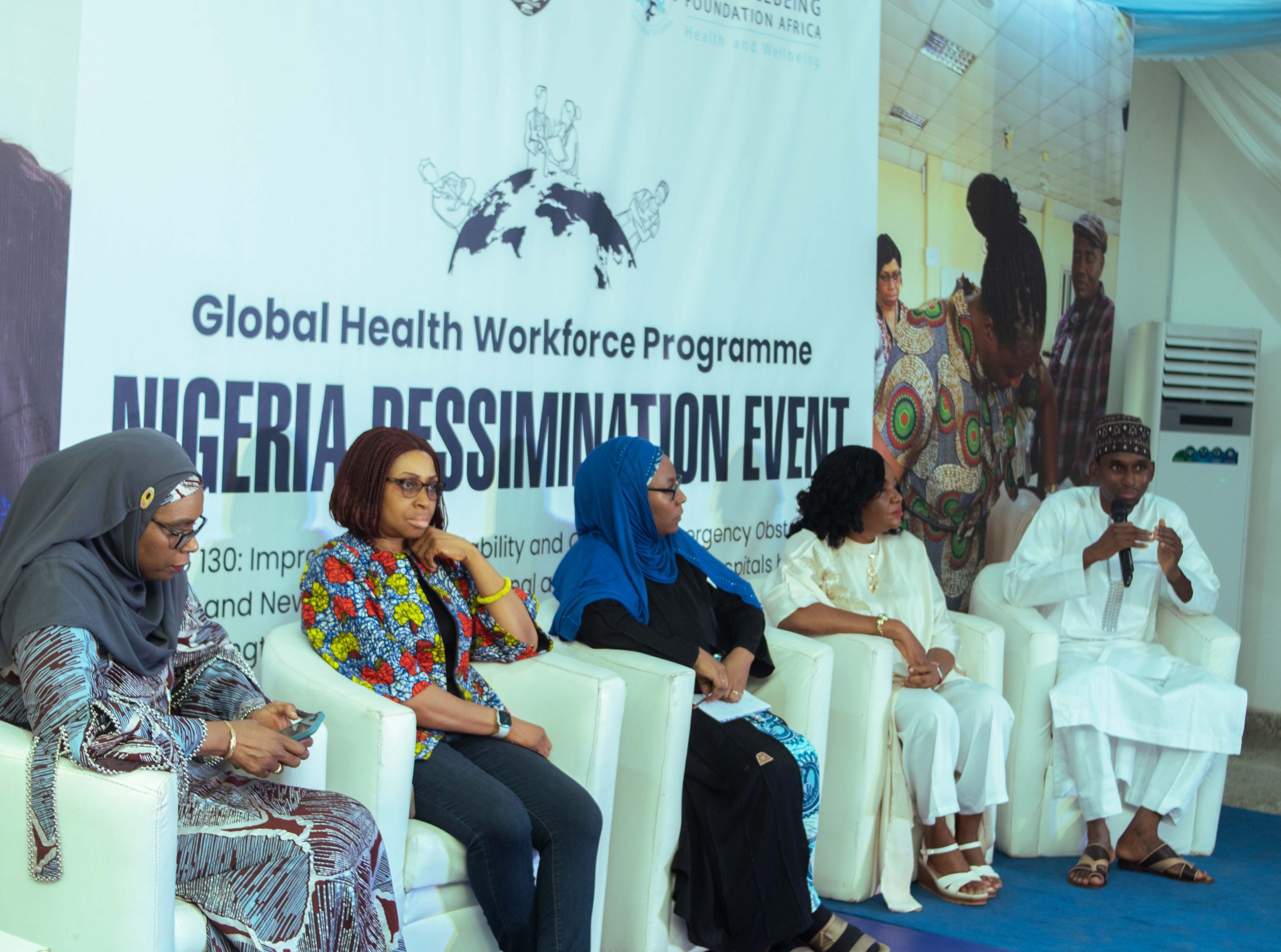Categories




Through the deployment of the Advanced Obstetrics and Surgical Skills AOSS competency-based curriculum, the GHWP LG130 initiative has trained a total of 266 health professionals across Nigeria’s six geopolitical zones. This cohort included 85 consultant obstetricians, 168 senior registrars, 9 registrars, and 4 medical officers. Critically, 82 of these participants were NPMCN faculty examiners, reinforcing not only clinical proficiency, but postgraduate mentorship and academic stewardship for future generations of obstetricians and gynaecologists. This layered, sustainable model ensures that the life-saving techniques imparted will continue to cascade across Nigeria’s tertiary hospitals and teaching institutions, long beyond the project’s close.
The programme achieved true national reach through strategically located regional training hubs in Gombe, Port Harcourt Rivers State, Kano, Enugu, Lagos, and Abuja. The establishment of two fully equipped Centres of Excellence, at the Federal Medical Centre Jabi, Abuja and Lagos University Teaching Hospital, represents a significant advancement in decentralising high-quality, simulation-based obstetric training. These centres now house cutting-edge OSCE equipment, including Lucy & Mum obstetric simulators and Resusci Baby QCPR systems, ensuring fidelity in clinical practice and competence in real-world emergencies.
Of special note is the programme’s contribution to gender equity in the health workforce. 98 of the trained professionals were women, a figure that carries symbolic and strategic significance. In a field where female leadership has historically faced systemic barriers, this intentional inclusion advances equity, fosters representation, and reaffirms WBFA’s commitment to ensuring that maternal healthcare systems reflect the lived realities of the communities they serve.
Yet beyond the clinical data and institutional achievements, the human stories have been among the most powerful. I was deeply moved by the testimony of a young doctor who now trains her junior colleagues daily using the AOSS simulation methods she acquired. I heard of consultants who returned to their regions and improvised simulations to deliver “step-down” trainings, extending the programme’s reach into the most resource-limited settings. These stories exemplify the transformative ripple effect of knowledge and confidence, raising standards, catalysing peer mentorship, and ultimately saving lives.
At the Wellbeing Foundation Africa, we believe that evidence-based advocacy and strategic communications are essential tools to translate results into policy. From the outset of GHWP LG130, our team led a multi-platform storytelling campaign, sharing insights and breakthroughs with national stakeholders and global audiences. With over 50 digital communications disseminated across LinkedIn, Instagram, Facebook, and X, our messages reached thousands and helped elevate the UK–Nigeria partnership model on major platforms such as the World Health Assembly in Geneva, the UK-Africa Health Summit, and the United Nations General Assembly in New York.
The GHWP LG130 initiative aligns fully with the Federal Ministry of Health’s Maternal and Neonatal Mortality Reduction Innovation Initiative MAMII, launched in 2023 to radically reduce preventable maternal deaths in high-burden regions. It also supports Nigeria’s leadership in the World Economic Forum’s Global Activator Network on Maternal Health, a multi-sectoral alliance focused on scaling innovations and breaking down silos in women’s health systems. As a Global Women’s Health Champion within that network, I am proud that our work reflects the values of integration, equity, and national ownership.
As we transition from a grant-funded phase into a new chapter of sustainability, we must act with intention. The skills developed, equipment installed, and partnerships forged under GHWP LG130 must be embedded into Nigeria’s health system planning and state-level implementation strategies. This will require strong federal commitment, but also the active leadership of state governors, commissioners for health, parliamentarians, and, crucially, First Ladies and political spouses, whose influence in the social development arena can help embed maternal health into local priority agendas.
I therefore call on all stakeholders, government, academia, professional bodies, civil society, and international donors, to work collaboratively to scale this success. Let us not only maintain momentum, but elevate it. Let us invest not only in training, but in long-term system resilience. Let us resource not only what works, but what saves lives. Let us champion not only clinical excellence, but the women, newborns, and communities who depend on it.
We have laid the foundation, and now we will drive the future of maternal and newborn health and wellbeing in Nigeria, stronger, smarter, more equitable, and more safeguarded than ever before.
The Global Health Workforce Programme is funded by the UK Department of Health and Social Care and managed by Global Health Partnerships (formerly THET), with in-country grant management provided by Ducit Blue Solutions. The initiative forms part of a broader strategy to strengthen health workforce resilience and accelerate progress towards universal health coverage across Nigeria, Ghana, and Kenya.
LSTM-WBFA Global Health Workforce Programme Large Grant 130 Overview.pdf
by HETSGO COMMS
Categories